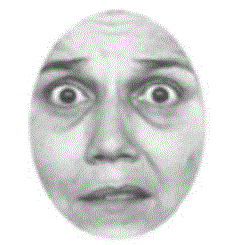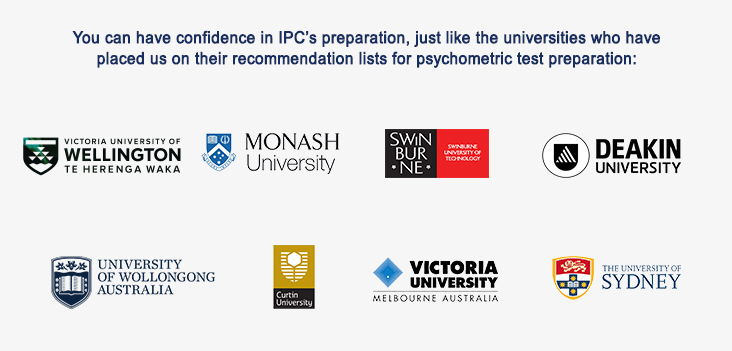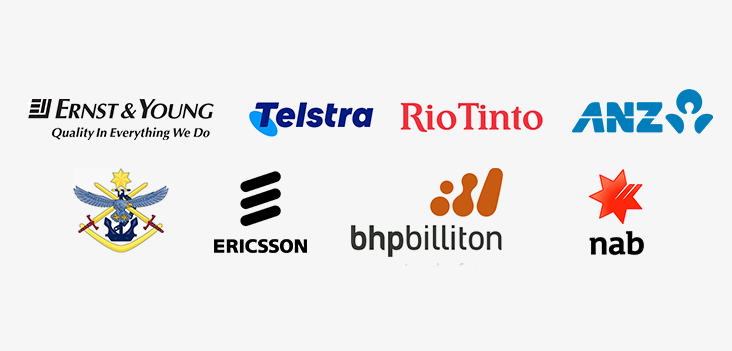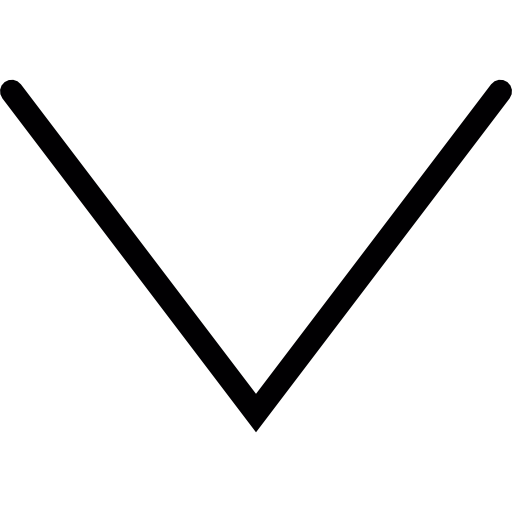Preparing for Australian Border Force (ABF) Cognitive & Personality Tests
If you are applying to join the Australian Border Force (ABF), you are required to undergo several Psychometric tests tailored for Border Force:
The screening phase includes two steps:
Step 1: this phase includes an assessment of your Cognitive ability. Emotional intelligence and Personality profiling. This phase includes 3 types of tests:
- Cognify
- Emotify
- Personality test (work suitability)
Step 2: Following your scfirst screening phase you will be asked to participate in a video interview and a written task.
Australian Border Force Cognitive Ability Test (Cognify test):
When you apply for a position with Australian Border Force, you must pass a cognitive test (Cognify) that measures elements of your cognitive abilities such as problem-solving skills, logical thinking, information processing and ability to identify trends. The cognitive test for Australian Border Force includes a set of mini tests all timed. The timer is set per test question.
What to expect in Border Force's Cognify test:
The Cognify mini tests measures three components about your cognitive abilities:
- 1. Problem Solving:
In problem solving the test assesses your ability to quickly learn, adapt and solve problems.
This measures your ‘fluid intelligence:’ the ability to see a problem for the first time and find out how to solve it without any prior knowledge.
- 2. Numerical Reasoning:
In numerical reasoning the test assesses your ability to understand numerical concepts, work with numbers and use formulas to solve problems.
- 3. Verbal Knowledge
In verbal knowledge the test measures your knowledge of the English language – focusing on spelling, grammar and identification of errors in text.
Timer
Each of the tests in the Cognify set of games is timed at 3 or 5 minutes and each test question is timed.
What to expect in Cognify's problem solving mini tests:
The Cognify Test has three mini tests measuring your problem solving skills:
- Gridlock
- Resemble
- Short Cuts
The ‘Gridlock’ test
In this mini test you need to solve a number of consecutive grid based puzzle games as quickly as you can.
There is generally a central grid and you have to fit the given figures in (rotate, drag and drop) to complete the grid.
The ‘Resemble’ test
In this mini test you will be presented with a figure in the left section and generally a simple ‘angle of rotation’ value given beneath it, for example: 180o or 90o.
All you have to do is mentally rotate the figure on the left by the angle indicated and recreate the resultant figure in a central grid on the right.
The ‘Short Cuts’ test
In this mini test you are asked to move a particular ball and move it to a destination indicated by stars. You are supposed to move the target ball to the destination using the fewest moves as quickly as possible.
What to expect in Cognify's numerical ability mini tests:
The Cognify Test has two mini tests measuring your numerical ability:
- Numbubbles
- Tally Up
The ‘Numbubbles’ test
This mini test displays a target number and a number of bubbles with simple equations.
Your task is to identify the bubbles containing an answer equal to the target value displayed.
The ‘Tally Up’ test
This mini test displays two sections with numbers (appearing as tokens) in each frame. Your task is to decide which frame has a higher value of numbers (tokens) or both frames might be of equal value.
What to expect in Cognify's verbal knowledge mini tests:
In the Cognify Test you will have two mini tests measuring your verbal knowledge:
- Proof It
- Pop Up
The Proof It test
In this mini test you are presented with series of texts that include grammatical errors such as punctuation errors, missing words, misspelled words and grammatical errors.
Your task is to identify all grammatical errors in each text in 1 minute.
What to expect in Border Force's Emotify test (Emotional Intelligence test)?
The Emotify test was developed by Criteria as a reasoning measurement of people’s emotional intelligence using 3 distinctive aspects of your emotional intelligence.
- Ability to identify emotions in facial expressions
- Ability to identify people's emotions based on their behaviour
- Ability to identify effective strategies to manage emotions.
The Emotify test includes 3 parts:
Part 1 measures your ability to identify emotions in facial expressions. This part is timed and includes 30 questions. You only have 3 seconds to answer each question.
Part 2 measures your ability to identify people's emotional responses to day-to-day situations. This part, requires you to not only identify the correct emotional response but also the facial expression that demonstrates the correct emotion. This part includes 30 questions (each page includes 3 test questions). You only have 1 minute to complete each page with 3 test questions.
Part 3 measures your ability to identify an effective method to manage or regulate emotions based on work related scenarios. This part has 14 questions. This section is not timed.
The difference between Emotify and other EI tests
Contrary to most Emotional Intelligence tests used in the market, Criteria offers a reasoning rather than a personality based test. This means that the Emotify regards EI as a cognitive ability and therefore uses a timer as part of the test.
What is an Emotify Emotional Intelligence test question?
The Emotify test has two types of test questions:
The first type or Emotify test question style includes a short scenario that describes a situation about one or two people. Then you are asked to decide what is each person in the scenario likely to feel. Your answer will not only include the emotion but also the facial expression that conveys the correct emotion.
The second type or Emotify test question style includes a screenshot of a face and you are asked to decide whether this facial expression conveys a specific emotion. Your answer can only be yes or no.
Let's review the following example test question for the Emotify test:

Is this Surprise?
Here you need to analyse the facial expression to identify the correct emotion.
The Challenge with the Emotify test:
Many job applicants find the Emotify test very challenging due to the following reasons:
- The Emotify's timer is very short. This makes it very difficult for test takers to consider all the options before the time runs out.
- The test questions are very different from what people are used to.
- The test questions require people to deal with things outside their comfort zone.
What to expect in Border Force's Personality test:
Following your cognitive assessment and your emotional intelligence assessment, you will be asked to complete a special personality test that includes over 200 test questions. Each question you need to state to what extent you agree with a statement on a scale from strongly disagree to strongly agree. The personality test measures your personality traits and profile (around 30 traits) and risks relevant to a position with Border Force:
- Sociability.
- Reliability.
- Personality disorders.
- Depression.
- Aggression.
- Addictions.
All the ABF's personality test questions are covert questions, which means that they will use indirect language to measure your personality.
What to expect in Border Force's interview:
As part of your selection process and conditioned upon passing the initial assessments, you will be asked to complete a recorded interview. The recorded interview will include 4 questions and you will be given 2 minutes to complete your answer to each question. The interview uses behavioural type question and you will need to use the STAR or CAR approaches to successfully complete the interview.
How IPC helps you to prepare for your Cognify, Emotify, Personality tests and your recorded interview:
The Institute of Psychometric Coaching (IPC) has developed a variety of tailored preparations to ensure you are ready for your all your tests and interview with border force.. Our professionals have analysed strategies and techniques and developed a full range of countermeasures. Our preparations include:
Online practice tests for Cognify test, Emotify test, Personality test
- Online Cognify practice mini tests with timers and detailed answer explanations
- Preparation for:
- Resemble,
- Tully Up,
- Numbubbles,
- Pop-Up,
- Proof It and
- Shortcuts.
- Online Emotify practice tests for all 3 parts with detailed answer explanations.
- Online Personality test with an comprehensive personality test report to highlight areas of risks you need to consider.
- Test scores in comparison to others
- Feedback on how to improve
Benefits include:
- Based on real Cognify Test questions
- Timer mimics the pressure of taking the real test
- Immediate access
1-on-1 tutoring for your Cognify test, Emotify tes, Personality test and Interview
Experience gold standard service with IPC’s personal tutoring. Our personalised service includes:
- One-on-one tutoring for all Cognify mini tests, Emotify test, Personality test and Interview delivered by experienced Psychometricians.
- Face to face sessions (in our Melbourne and Sydney offices) or via Teams live
- In depth analysis of your weaknesses to focus the session and maximise your scores
- Working together to ensure you reach maximum potential and capabilities in your Cognify test, Emotify test and interview
Click to start preparing for Australian Border Force tests & interview






